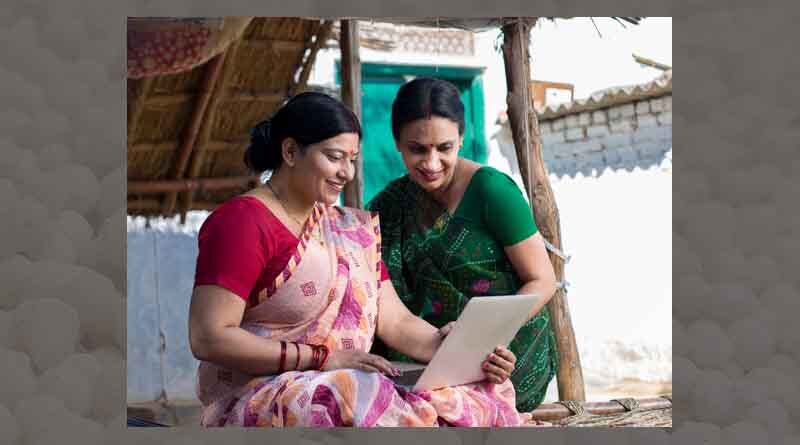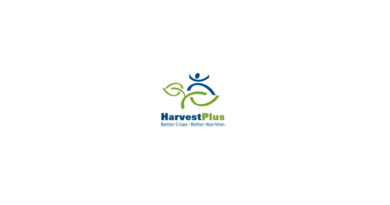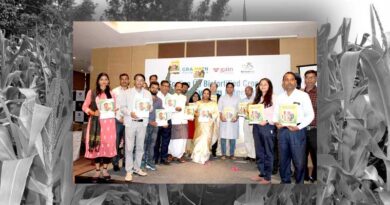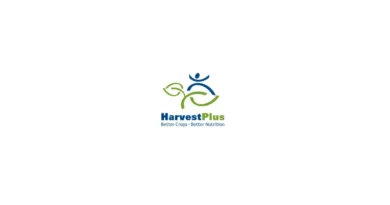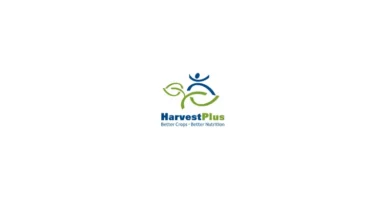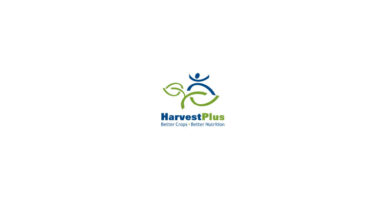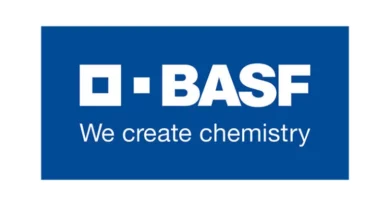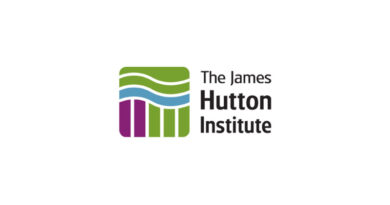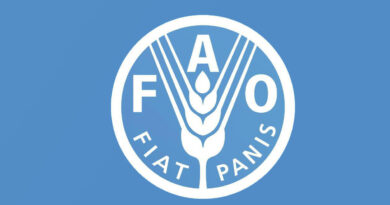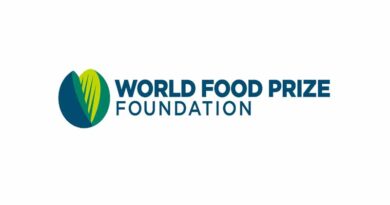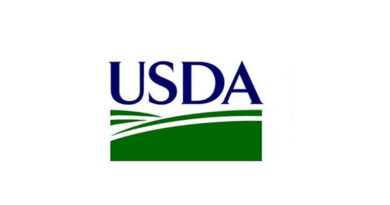Women Agripreneurs Lead Farmers Towards Greater Productivity
19 November 2022, Uttar Pradesh: Farmers growing nutrient-enriched zinc wheat in Uttar Pradesh, India, have experienced an average eight percent increase in yield and 56 percent increase in financial returns since October 2021, when they replaced their conventional wheat crops with biofortified varieties and received training to improve their agricultural practices.
This improvement in agricultural productivity, livelihoods, and access to more nutritionally dense staple crops was realized through a pilot initiative in partnership with Grameen Foundation India (GFI) implemented among 27 Farmer Producer Organizations (FPOs) and with over 1,000 farmers. The initiative aimed to reduce and prevent micronutrient deficiencies by increasing the cultivation and consumption of biofortified zinc wheat.
Women agripreneurs, known as Grameen Mittras, reached out to participating farmers at their homes to provide services and technical health, nutrition, and agricultural management knowledge—skills necessary to grow not only their farms, but their income-generating opportunities and livelihoods.
To discuss ways to scale up the success of this project across India, on November 9, 2022, GFI hosted a workshop as part of the Commercialization of Biofortified Crops (CBC) Programme, led by HarvestPlus and the Global Alliance for Improved Nutrition (GAIN).
The workshop was presided by the state mission director of the Uttar Pradesh State Livelihood Mission, Ms. C. Indhumathy IAS, who emphasized the need for opportunities like this initiative to support women and women farmers to become financially independent.
A farmer who has benefitted from the initiative spoke about its impact on driving demand for nutritious crops in her community. “Last year our farmers had sown 1,400 kilograms of zinc wheat seeds, but this year the demand has almost doubled,” said Ms. Rani Misra, who is part of the FPO Fortunately Kisan Producer Company Limited.
Speakers and attendees participated from across a range of public, private, and NGO organizations including the World Bank, World Food Programme, Nand Ghar, and the Indian Institute of Management-Lucknow. They were united by their desire and commitment to increase the reach of biofortification and yield maximum benefits to farming communities, while empowering them through financial inclusion and business and marketing training.
Through biofortification, zinc wheat is better adapted than conventional varieties to grow in the face of rising climatic temperatures and is more disease resistant. Eating biofortified wheat daily can provide women and children with up to 50% of their daily zinc needs. Zinc deficiency is highly prevalent in India, contributing to increased susceptibility to infections and impaired growth and development. As of 2021, over 800,000 people were benefiting from biofortified zinc wheat across India.
Also Read: 54th Annual General Meeting of PMFAI held in Mumbai
(For Latest Agriculture News & Updates, follow Krishak Jagat on Google News)

